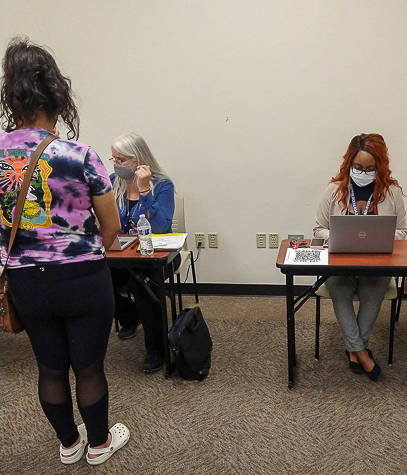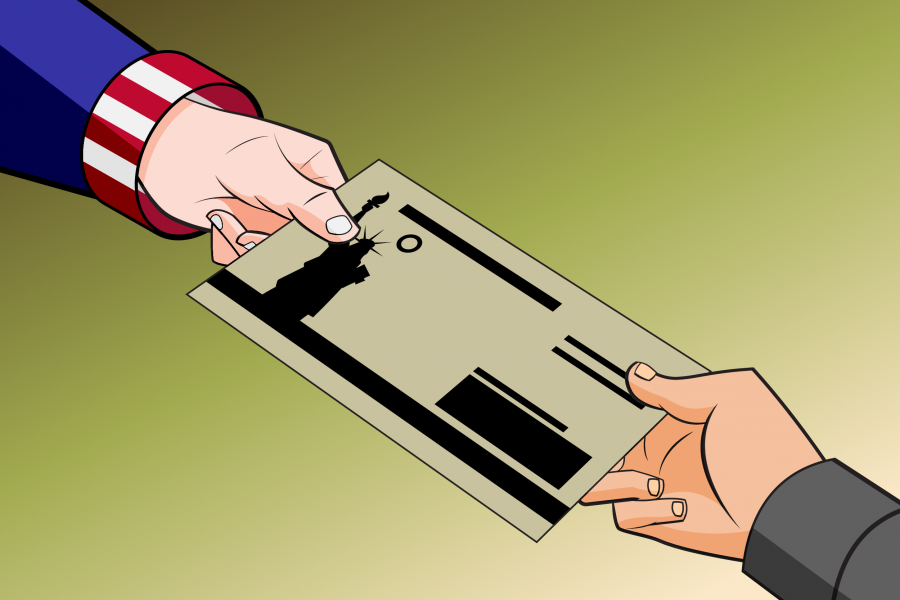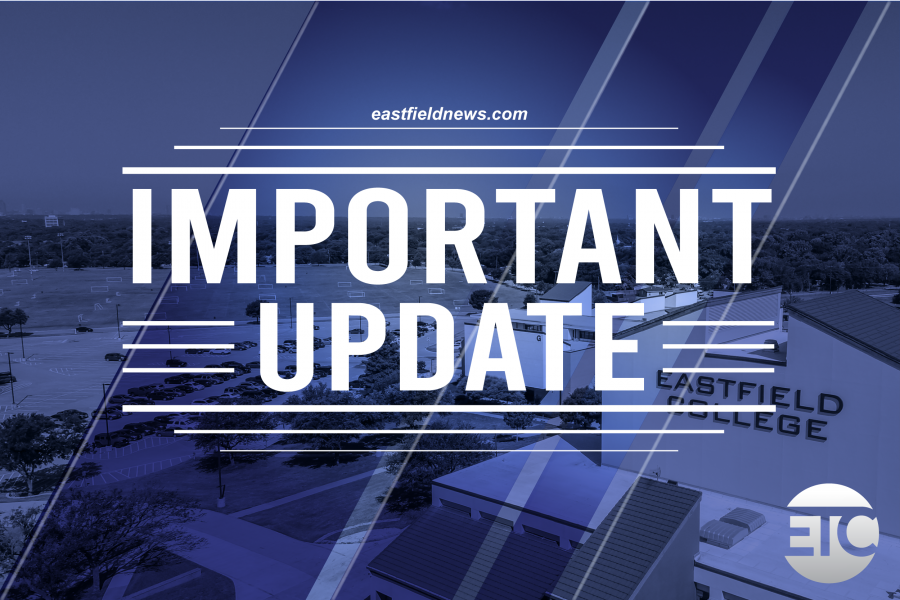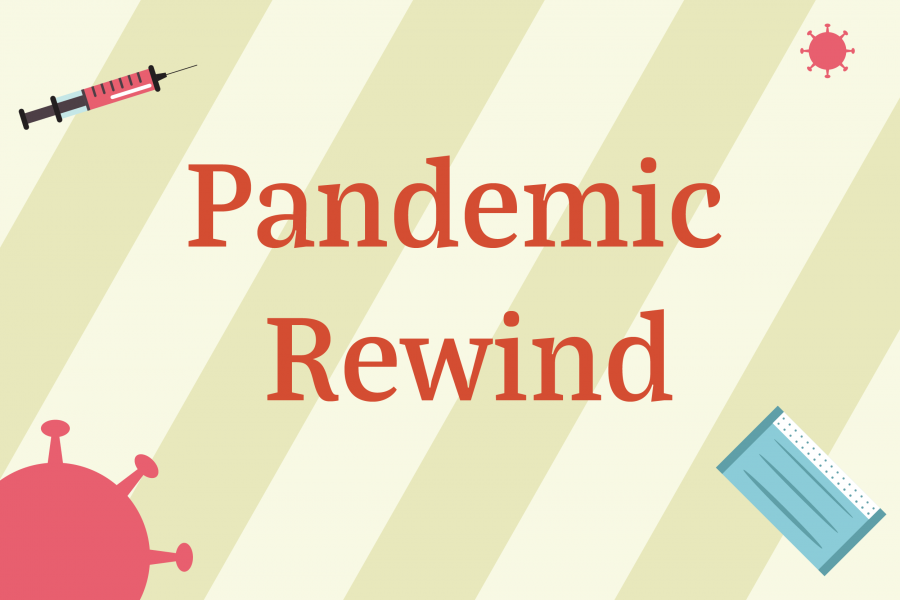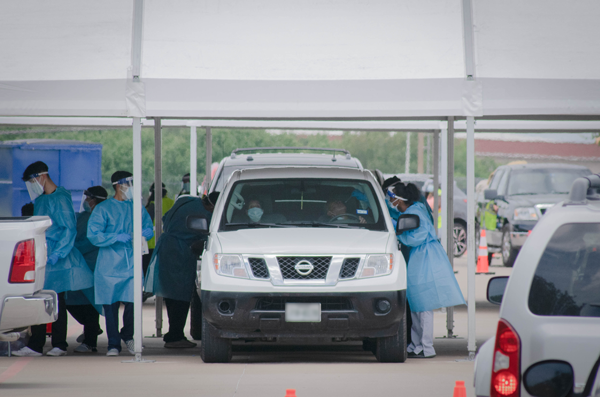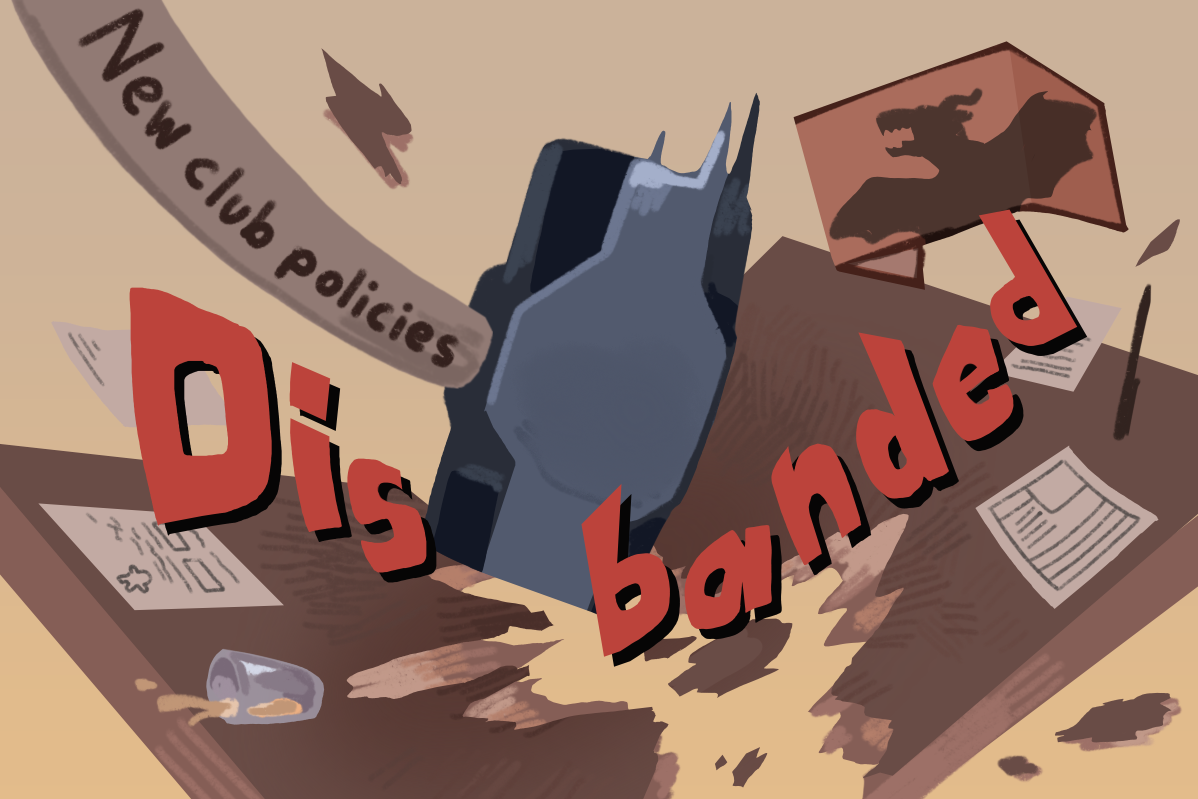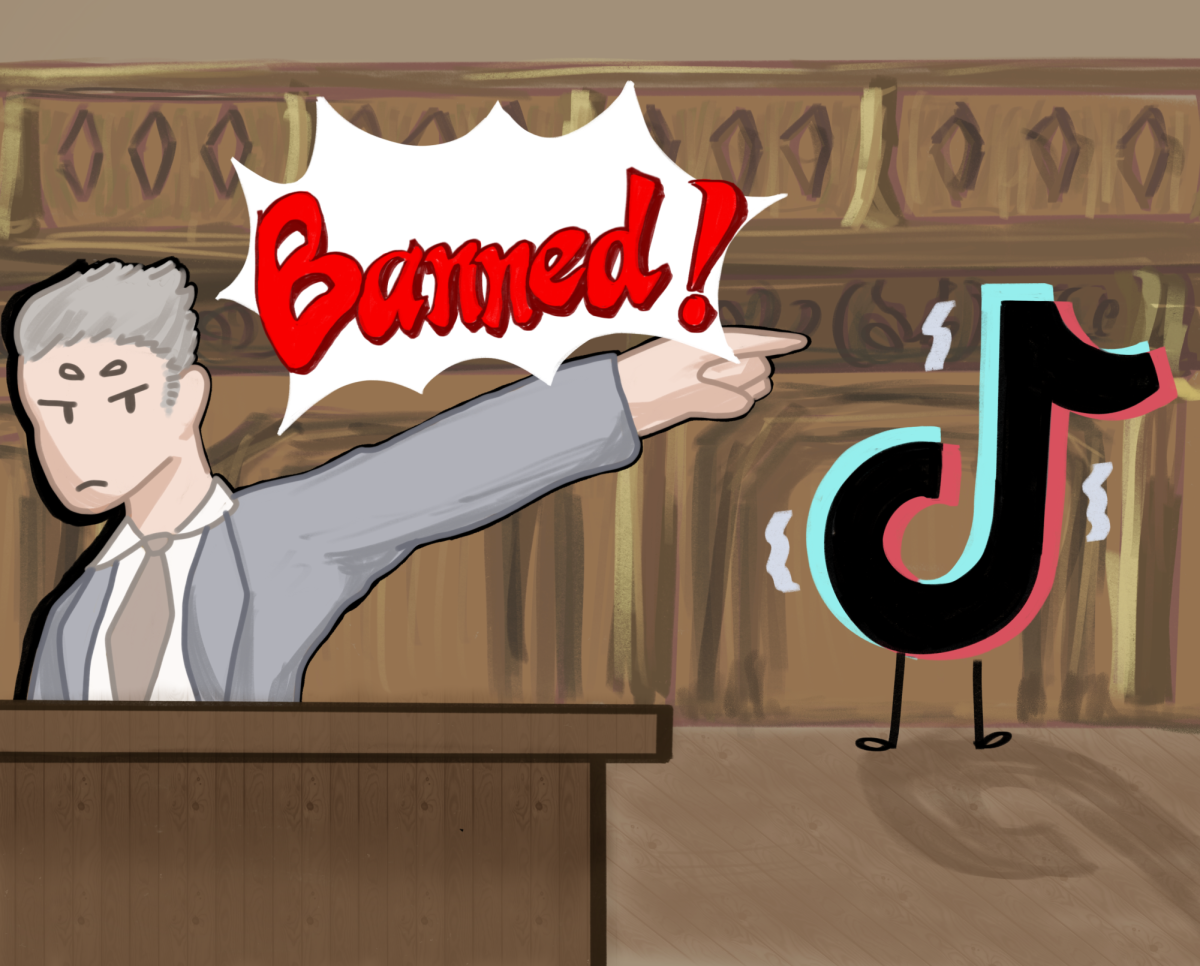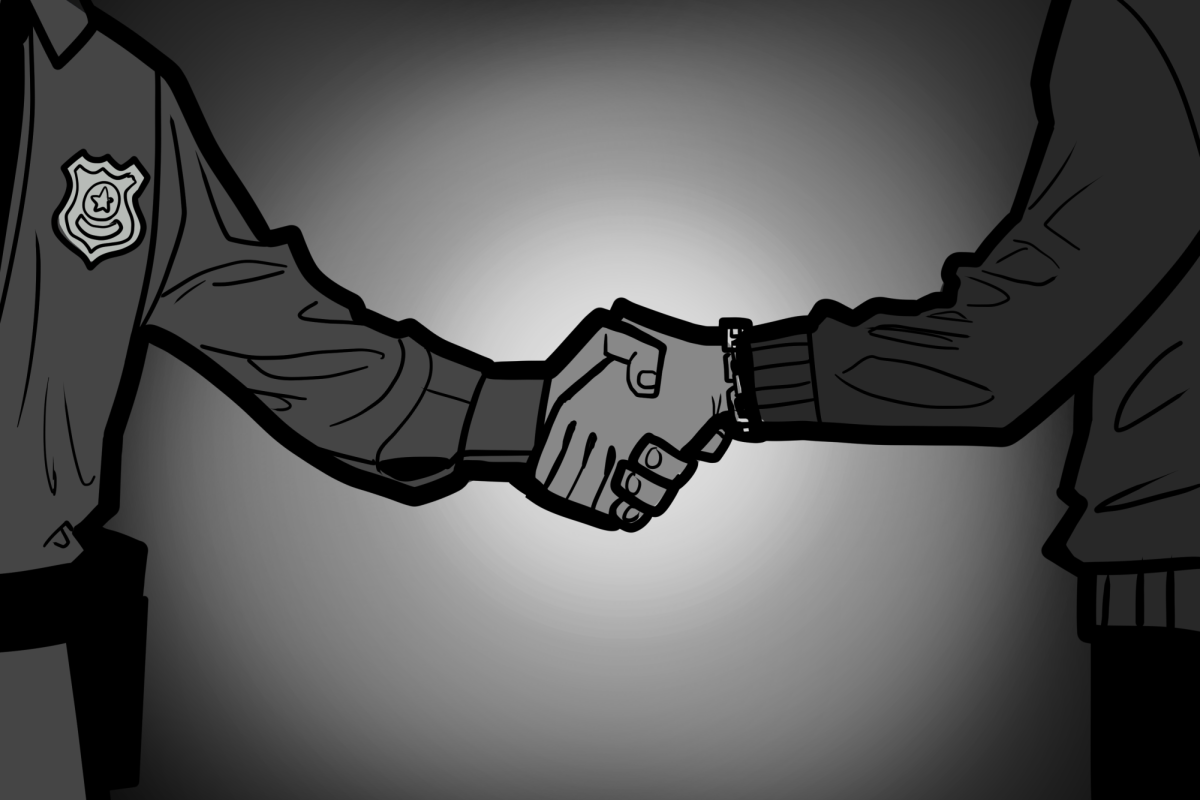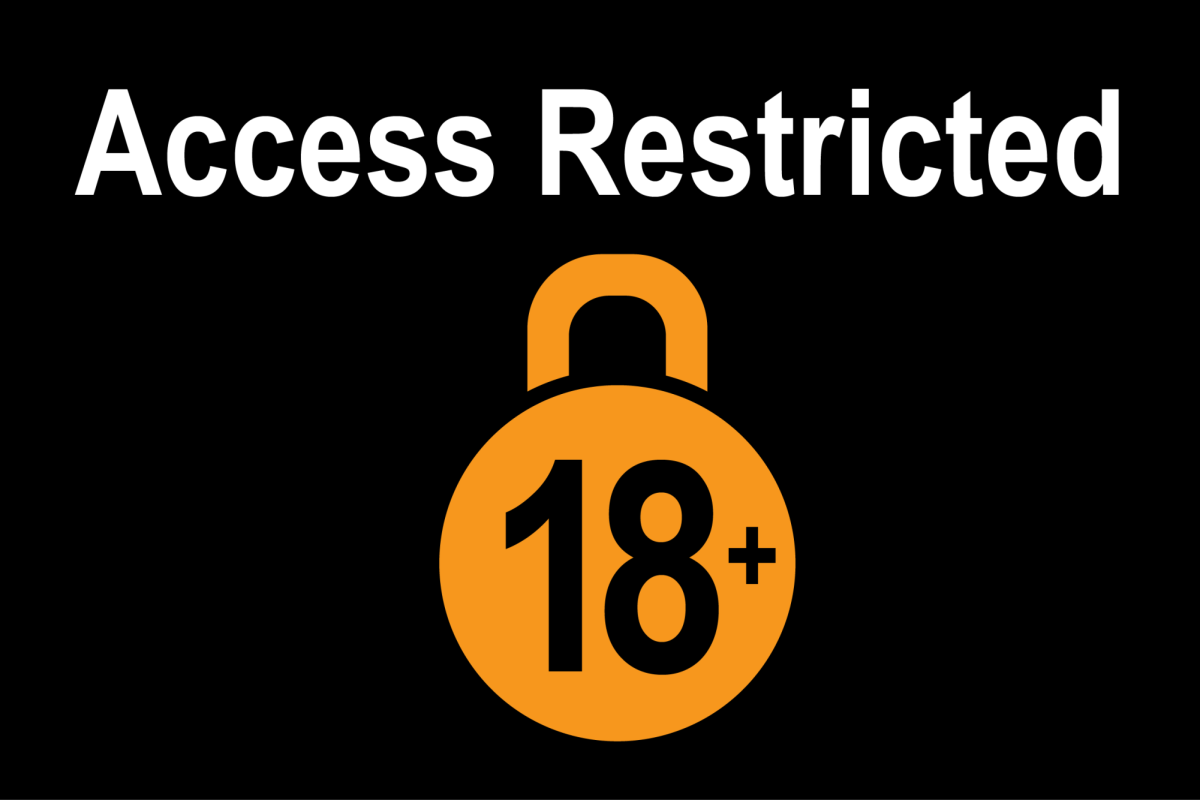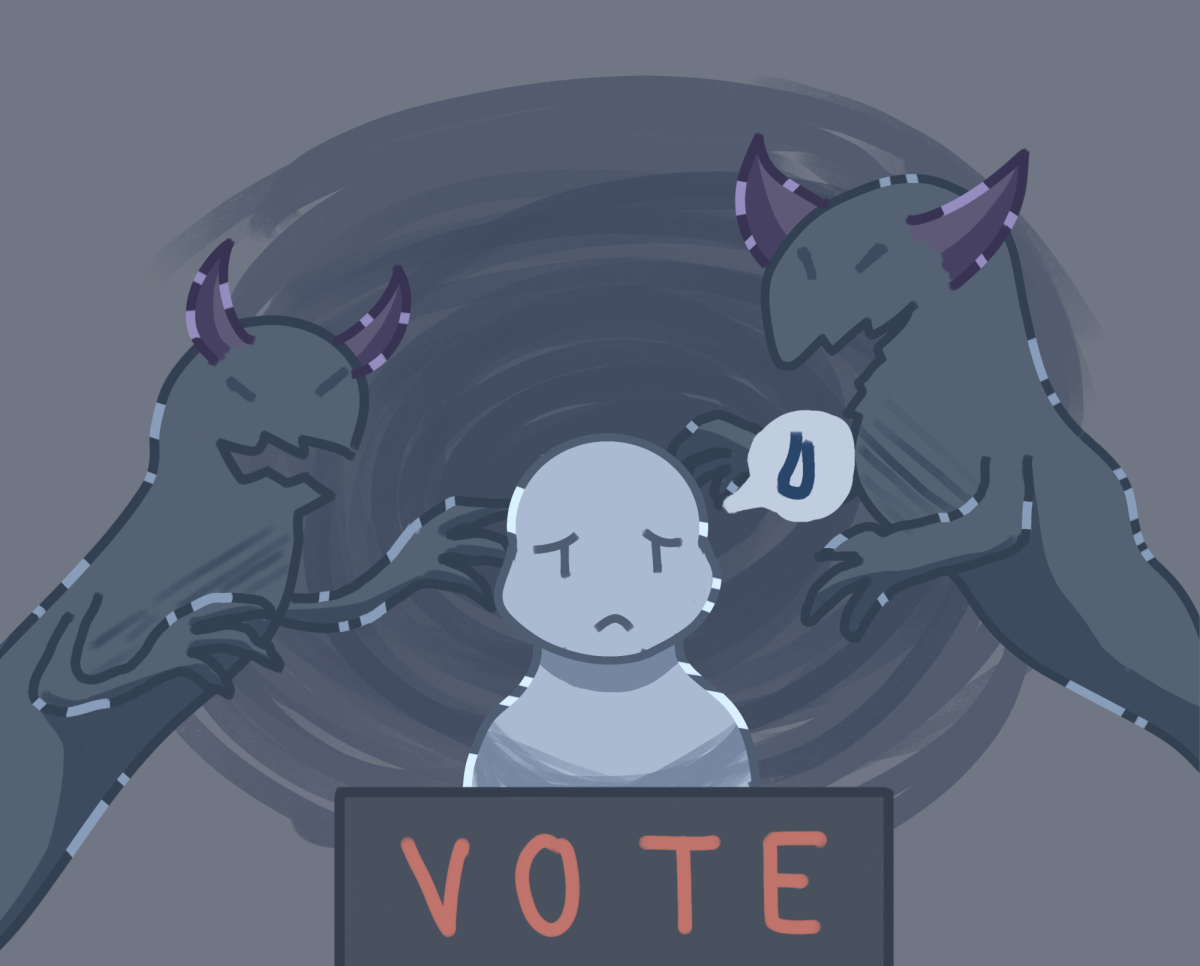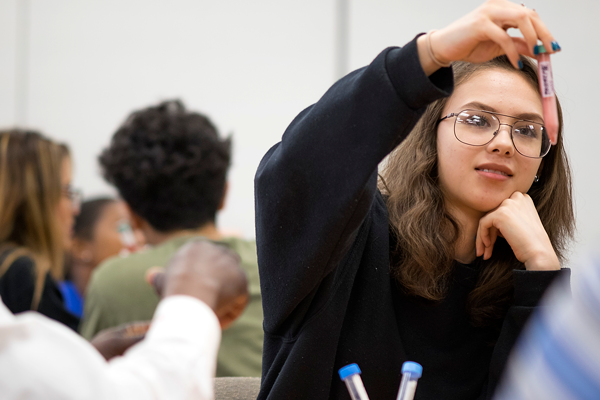
By ESON FELLERS
@EsonFellersETC
Editor’s note: This report on STEM programs is part of an on-going series by The Et Cetera on how campus departments are handling the switch to online classes and will be updated as more information becomes available.
[April 1, 3:17 p.m.] Along with participating in virtual labs, some STEM classes, including biology and anatomy, are partaking in digital meetings using Blackboard Collaborate or Zoom, an app that allows users to video chat with several other users simultaneously using a meeting code.
Geology
[April 12, 3:27 p.m.] Geology classes often rely on both lectures and labs, where students can examine rocks and minerals in person. With classes now online, faculty have convinced the administration to cover the cost of these labs.
Along with Blackboard to provide content to students, YouTube is another platform being used during this time, especially by Paul Day, geology, environmental science and oceanography professor.
[READ MORE: Employee pay uncertain; updates on student refunds, grades]
He said he thrives online, with almost 9,000 subscribers and some transcribed YouTube videos with up to 60,000 views.
“I love to teach online,” Day said. “I don’t do the traditional, ‘Hey, let’s just sit down and look at some rocks.’ … I use Google Hangouts, I can use Zoom, and some students just have to FaceTime me.”
While the transition has come more naturally to Day, it might not be as smooth for everyone.
“I think this is a good demonstration for the effectiveness not only of online but for showing administration what students can really handle,” Day said. “I understand there are certain students who need that face-to-face time, and they learn best that way, but maybe this gives them an opportunity to just ride alongside those faculty members who always have that fear of teaching online. Now that they get to learn online, they’re going to realize it might not be so bad after all.”
Biology
[April 1, 3:17 p.m.] Biology classes have partnered with McGraw-Hill to provide free virtual labs for students, associate STEM dean Amy Vance said.
The virtual labs will be similar to physical labs in that they will still feature activities such as measuring different temperatures or practicing osmosis diffusion, which she said is a good solution.
“We would have probably preferred them to do real hands-on labs, but we just didn’t think it would be fair to ask them to purchase a hundred dollar lab kit at this time,” Vance said. “I can’t say all faculty members will be going live. They may just do recorded videos, discussion boards, things like that.”
[READ MORE: Campus coronavirus updates: Continuing education]
She said she’s teaching a Biology 1406 lab this term with adjunct professor Elester Williams to provide both videotaped and live lectures, allowing students to ask questions when needed.
Anatomy/Physiology
[April 1, 3:17 p.m.] Working with microscopes can be challenging enough but trying to participate in experiments during quarantine is even more difficult. Thankfully, digital platforms like Blackboard are allowing professors and students to accomplish their academic goals.
One teacher using those services is Danita Bradshaw-Ward, an anatomy and physiology and microbiology and genetics professor. She said the transfer to online learning affects classes differently depending on where students are in the curriculum.
[READ MORE: Campus coronavirus updates: Career and technical classes]
Similar to McGraw-Hill Connect, Bradshaw-Ward said the publishing company Pearson has been a great lab resource for classes; they are providing images of tissues from cadavers and models labeling organ systems, showing how the heart works and how to record an electrocardiogram.
She said that while her microbiology labs working with live bacterium were already wrapping up, this online transition has been a major shift for her and her students. After picking up two second eight-week courses, she now teaches five courses online as she home-schools her three children.
“Online courses require more of your attention than a traditional face-to-face course,” Bradshaw-Ward said. “ I’m doing my best because I understand the concern of the students and I want them to get a quality education.”
https://eastfieldnews.com/2020/04/01/student-services-updates-amid-shut-down-tutoring-plans-online-launch-after-classes-resume-library-goes-virtual/



